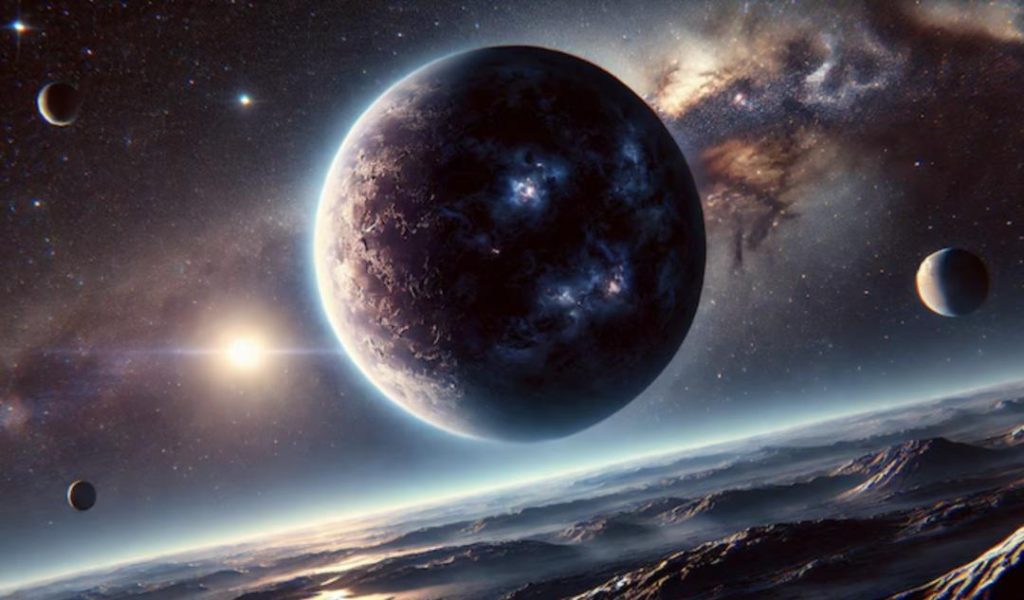
Ionic Liquids, Not Water, May Support Life on Other Planets: Study
For decades, scientists have been searching for evidence of extraterrestrial life, with a focus on finding water-based life forms. However, a new study from the Massachusetts Institute of Technology (MIT) may be challenging this assumption, suggesting that ionic liquids could be the key to supporting life on other planets, even those without water.
In a paper published in the journal Science, researchers from MIT explored the possibility of ionic liquids existing on rocky planets and moons with high temperatures or low pressures, where water is scarce. Ionic liquids are salts that remain in liquid form at temperatures below 100 degrees Celsius, making them a potential alternative to water for supporting life.
The study’s lead author, Assistant Professor of Chemical Engineering and Physics, Petersen Research Fellow, and MIT Materials Research Laboratory Director, Galen J. Hearne, explained that ionic liquids have unique properties that make them attractive for supporting life. “Ionic liquids are extremely stable and can exist over a wide range of temperatures and pressures, whereas water is more limited in its range of stability,” Hearne said.
The researchers used computational models to simulate the behavior of ionic liquids on different planetary bodies, including rocky planets and moons. They found that ionic liquids could exist on these bodies, even in environments where water would normally freeze or vaporize.
The team also tested the stability of proteins in ionic liquids, which are essential for life. They discovered that some proteins remain stable in ionic liquids, making them potential hosts for simple forms of life. This finding is significant, as it suggests that life could potentially thrive in ionic liquids, even if water is not present.
The study’s findings have significant implications for the search for extraterrestrial life. If ionic liquids can support life, it could open up new avenues for searching for life on other planets and moons. For example, scientists could search for signs of ionic liquids on planets with high temperatures or low pressures, rather than relying solely on the detection of water.
“The idea that life could exist in ionic liquids is a game-changer,” said Hearne. “It expands the possibilities for where and how life could exist, and it challenges our traditional thinking about the requirements for life.”
The study’s results also have implications for the search for life on Mars, which is a prime target for future astrobiology missions. NASA’s Perseverance rover, which landed on Mars in 2020, is equipped with instruments designed to search for signs of water on the planet. However, if ionic liquids are present on Mars, these instruments may not detect them.
The researchers believe that future missions should be designed to search for ionic liquids, rather than relying solely on water-based detection methods. “We need to think outside the box and consider new possibilities for life,” said Hearne. “Ionic liquids are a new frontier for astrobiology, and we’re excited to explore it further.”
The study’s findings have also sparked interest in the potential applications of ionic liquids on Earth. For example, ionic liquids could be used as a more efficient and sustainable alternative to traditional solvents in industrial processes.
In conclusion, the study’s findings suggest that ionic liquids could be a key to supporting life on other planets, even those without water. The researchers’ discovery of stable proteins in ionic liquids and the potential for life to thrive in these environments opens up new avenues for searching for extraterrestrial life and challenges our traditional thinking about the requirements for life.
Source: https://news.mit.edu/2025/planets-without-water-could-still-produce-certain-liquids-0811






